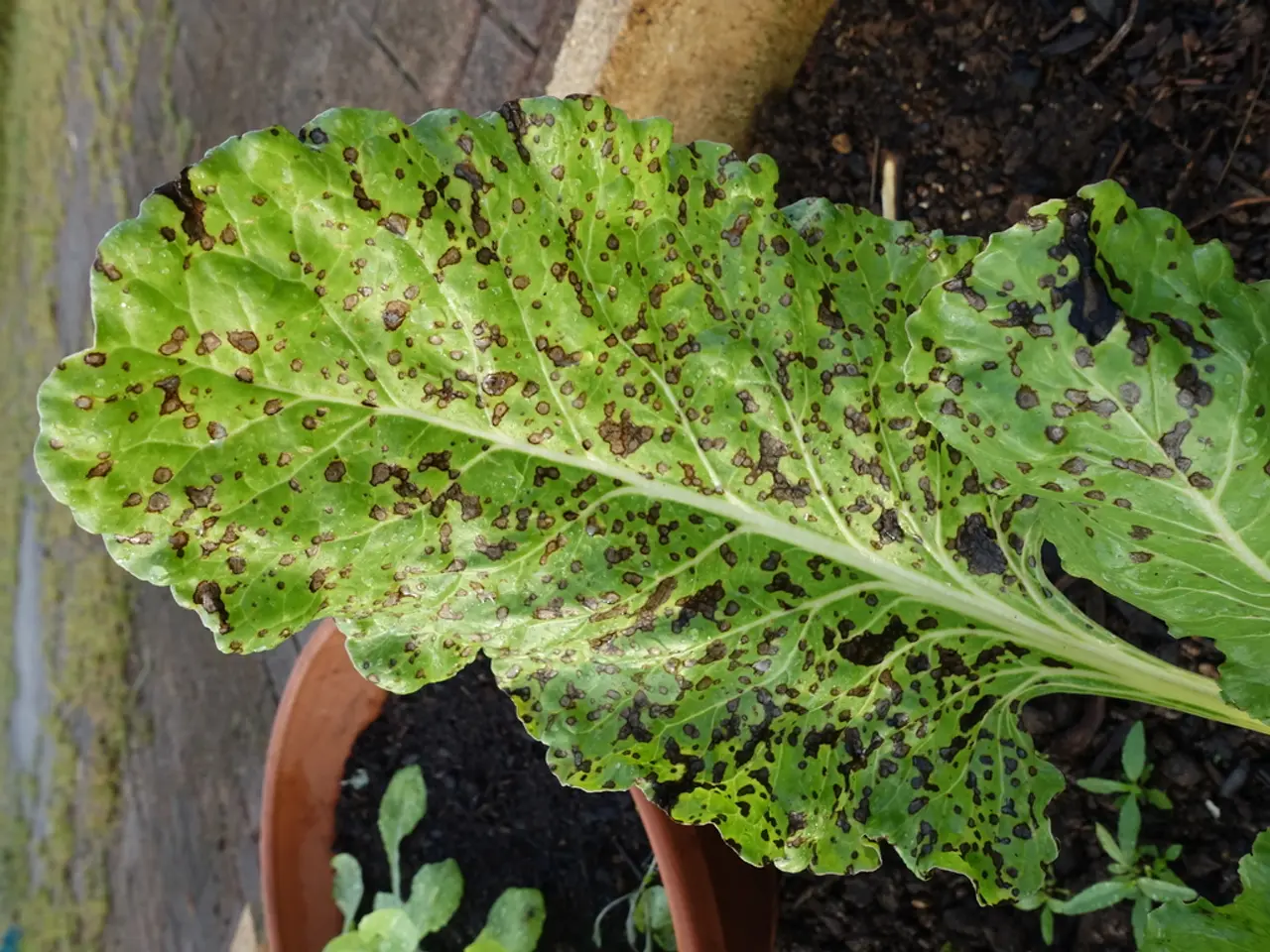black skin dark spots removal techniques
Dark spots on the skin are a common concern for many individuals, particularly those with darker skin tones. These spots, often caused by acne, psoriasis, skin conditions, or reactions to skin care products, can be frustrating and affect one's confidence. In this article, we explore both medical and home remedy options for treating dark spots on black skin.
## Medical Treatments
Medical treatments offer a more targeted approach to addressing dark spots. Some of the most effective treatments include:
1. **Microneedling**: A non-invasive technique that stimulates collagen production and promotes skin renewal, making it a safe option for darker skin tones.
2. **Laser Therapy and IPL**: These treatments use focused light energy to break down melanin, but they require an experienced practitioner to avoid worsening hyperpigmentation.
3. **Chemical Peels**: These solutions remove the outer skin layers, revealing less pigmented skin, but must be used cautiously in darker skin tones to avoid complications.
4. **Hydroquinone Creams**: Prescription bleaching creams that reduce melanin production, but should be used under medical supervision due to potential side effects.
5. **Cryosurgery**: This involves freezing dark spots with liquid nitrogen, but it can result in permanent whitening of the treated areas.
## Home Remedies
Home remedies, while less effective, can be safer and more accessible:
1. **Vitamin C Serum**: Antioxidant serums can help inhibit pigment production and protect against environmental damage.
2. **Turmeric and Lemon Juice**: Natural ingredients like turmeric and lemon juice have been suggested for their potential to reduce hyperpigmentation, but their effectiveness is variable and not scientifically proven for all skin types.
3. **Sunscreen**: Essential for preventing further darkening of existing spots by protecting the skin from UV rays.
## Comparison
While home remedies can be beneficial for mild cases or as part of a broader skincare routine, medical treatments are generally more effective and safer for treating dark spots on black skin. However, it's important to note that existing dark spots may take years to fade, and in these cases, medical treatments or skin lightening products may be necessary.
Adequate sun protection is crucial for everyone, especially non-Hispanic black people, to prevent the sun's ultraviolet rays from triggering excess melanin production. The American Academy of Dermatology recommends using a sunscreen with an SPF of at least 30 that protects against UVA and UVB rays, is water resistant, and can be applied to all areas of exposed skin year-round.
Individuals who find their dark spots bothersome may wish to see a dermatologist, especially if home remedies do not achieve satisfactory results, or if they have a skin condition that triggers dark spot development. It's essential to avoid using very harsh treatments on the skin, such as liquid bleach, and to be wary of skin lighteners containing mercury.
Prevention measures include wearing sunscreen with an SPF of at least 30 every day, avoiding direct sunlight between 10:00 a.m. and 4:00 p.m., moisturizing the skin daily, avoiding harsh exfoliating products, and treating acne, psoriasis, and other conditions promptly. By adopting these practices, we can help prevent new dark spots from forming and maintain healthy, radiant skin.
- Dark spots on the skin, especially those on darker skin tones, can be a source of concern due to their appearance and impact on confidence.
- These spots can be caused by various factors such as acne, psoriasis, skin conditions, or reactions to skincare products.
- In terms of treatment, medical options offer a more targeted approach and include microneedling, laser therapy, chemical peels, hydroquinone creams, and cryosurgery.
- Microneedling is a non-invasive technique that stimulates collagen production and promotes skin renewal for darker skin tones.
- Laser therapy and IPL use focused light energy to break down melanin, but require an experienced practitioner to avoid worsening hyperpigmentation.
- Chemical peels remove the outer skin layers, revealing less pigmented skin, but must be used cautiously in darker skin tones to avoid complications.
- Hydroquinone creams are prescription bleaching creams that reduce melanin production but should be used under medical supervision due to potential side effects.
- Cryosurgery involves freezing dark spots with liquid nitrogen, but it can result in permanent whitening of the treated areas.
- For less effective yet safer options, home remedies include vitamin C serum, turmeric and lemon juice, and sunscreen.
- Vitamin C serum can help inhibit pigment production and protect against environmental damage.
- Turmeric and lemon juice have been suggested for their potential to reduce hyperpigmentation, but their effectiveness is variable and not scientifically proven for all skin types.
- Sunscreen is essential for preventing further darkening of existing spots by protecting the skin from UV rays.
- Adequate sun protection is crucial for everyone, especially for non-Hispanic black people, to prevent the sun's ultraviolet rays from triggering excess melanin production.
- Additionally, preventive measures include wearing sunscreen daily, avoiding direct sunlight between 10:00 a.m. and 4:00 p.m., moisturizing the skin daily, avoiding harsh exfoliating products, and treating acne, psoriasis, and other conditions promptly. By adopting these practices, we can help prevent new dark spots from forming and maintain healthy, radiant skin.




